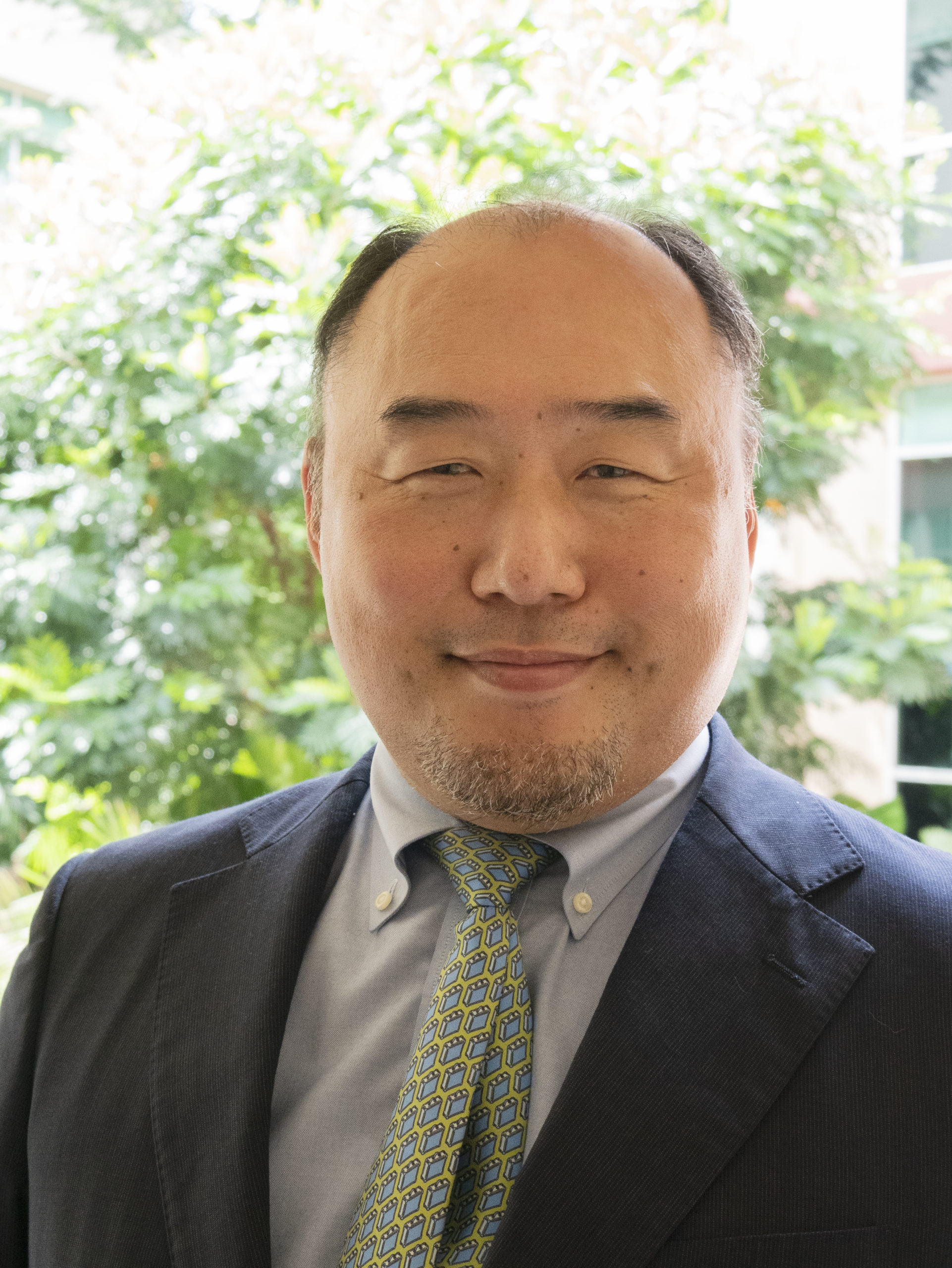NUR-SULTAN – The Asia–Europe Foundation (ASEF) attaches great importance to its work with Kazakhstan, ASEF Executive Director Toru Morikawa said in an interview to The Astana Times.

Toru Morikawa. Photo credit: ASEF
ASEF is an intergovernmental and not-for-profit organisation, part of the Asia-Europe Meeting (ASEM) tasked with promoting cultural, intellectual and people-to-people contacts between the two regions.
The ASEM was formed in 1996. The forum provides a platform for fostering political dialogue, reinforcing economic and trade cooperation and promoting partnership in various areas. Along with holding high level inter-governmental meetings, ASEM also brings together members of parliament, businesses, civil society, academia and the media by encouraging people-to-people contact.
ASEM partner countries account for around 60 percent of the world’s population, half of global gross domestic product and almost 70 percent of international commerce.
Kazakhstan joined ASEM in 2014, when it took part in the 10th ASEM Summit Oct. 16-17 in Milan. The Central Asian nation is among the organization’s 53 partner countries.
“Kazakhstan is located between Asia and Europe and is the heartland bridging both regions together. As a crossroad for diverse people and civilizations, Kazakhstan has played a unique role, connecting both Asians and Europeans geographically and intellectually,” said Morikawa.
“Through our projects, each year ASEF brings together over 3,000 Asians and Europeans, including students, young professionals, artists, experts of different areas and government officials and collaborates with different organisations from Asia and Europe. We are a platform for the networking of people and institutions and civil society across Asia and Europe, attaching a particular importance to those from under-represented countries. The pandemic has made it difficult to have physical meetings, but we continue to enhance our networking by digitizing our projects,” said Morikawa.
ASEF’s work with Kazakhstan comes across several of its major projects. Among them are ASEF Unplugged: Conversations by the Art professionals in Asia & Europe, and the Asia-Europe: Energy Challenges & Climate Change Workshop.
ASEF Unplugged, a small format event series, was held in November 2018 in Almaty fostering peer-to-peer conversations for cultural professionals from across Asia and Europe and focusing on interregional cooperation, information and ideas about the state-of-play of the arts sector in the Central Asia region.
Almaty also hosted ASEF’s energy and climate change workshop in April 2015 gathering foreign and local officials, representatives of business and academia to analyse energy and climate change in Central Asia and how it meets the region’s goals to achieve sustainable growth.
“We would like to invite the Kazakh people to stay connected with ASEF and participate more in our open calls and projects both as participants and expert contributors. Connecting digitally opens new doors for people of your country to network with people of different countries including Asia and Europe,” said Morikawa.
He said ASEF and Kazakhstan have common priorities, including connectivity, which he believes is “even more important at the time of the COVID-19 pandemic.”
“COVID-19 made us realize how important for us the connection with other people is. Despite the challenges we face, ASEF never gives up. Our efforts have been doubled by creativity and digitalization. We continue to connect people by digital means.” said Morikawa.
“ASEF and Kazakhstan could possibly organize one or more joint activities that involve both public sector and private sector components and engage civil society and the youth,” he said.
The common challenge facing the world now is the fight against COVID-19, said Morikawa.
“It is a common challenge that requires coordinated efforts in different areas. (…) COVID-19 has made it more important than ever to stimulate networks and contacts that reinforce bi-regional relations,” he said.

